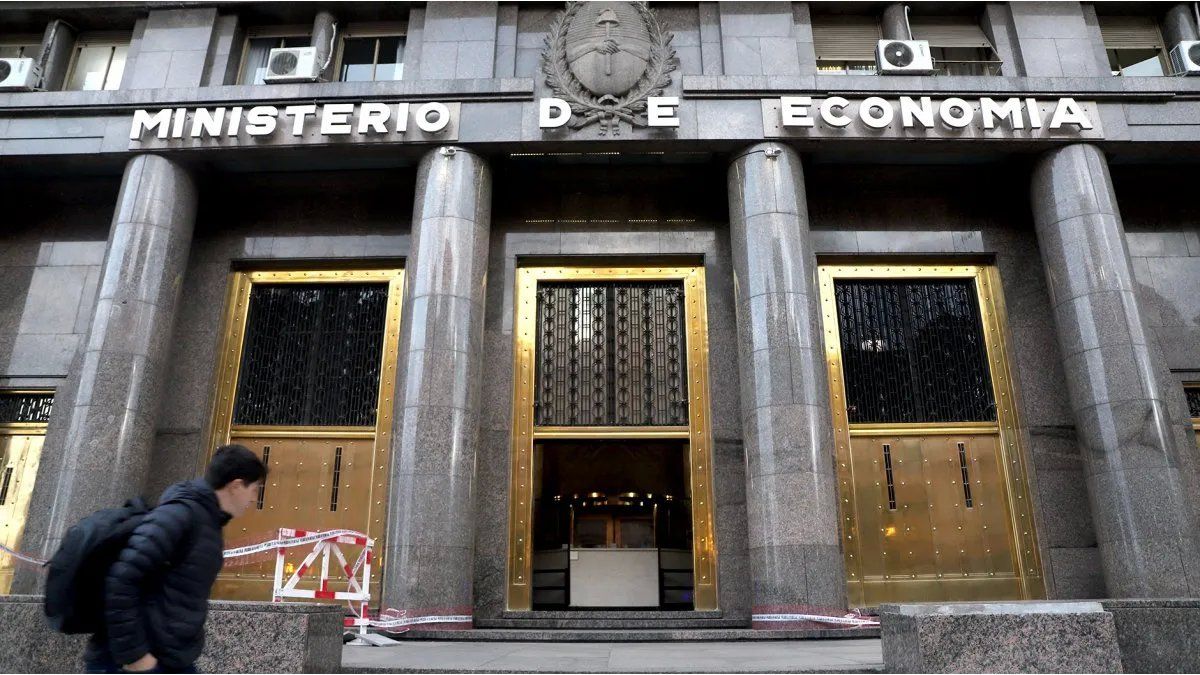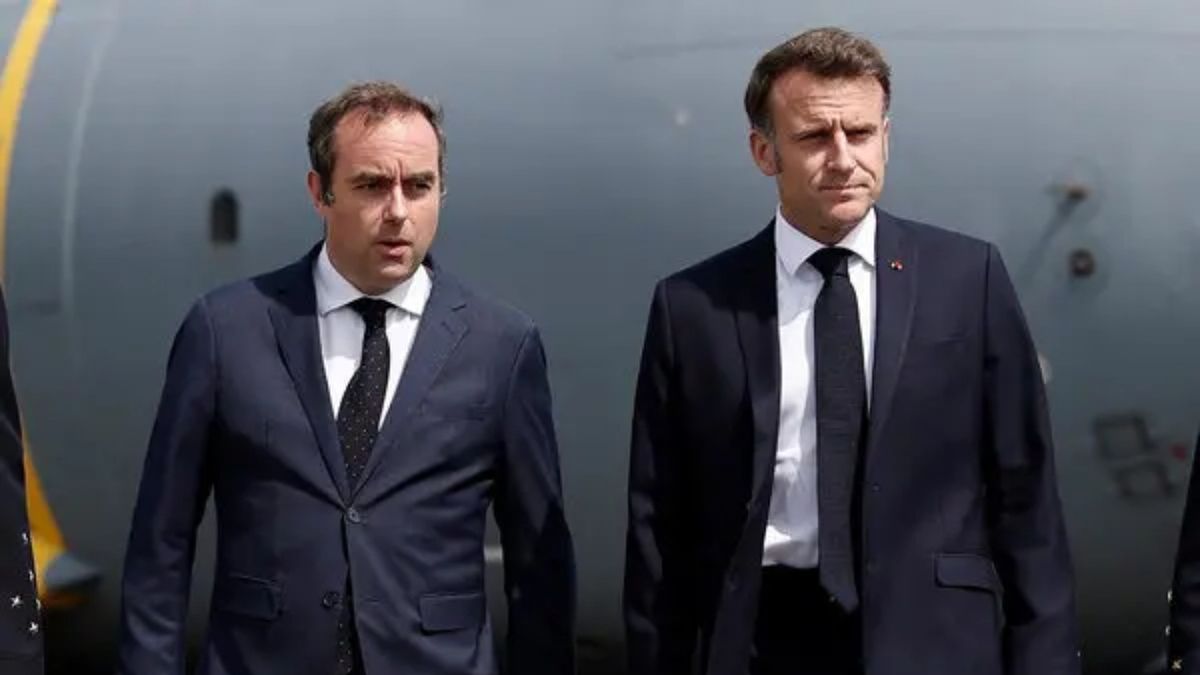2. Tax moratorium
The Government proposes a new regime for regularization of tax, customs and social security obligations. “The possibility is foreseen for taxpayers and those responsible to take advantage of the regime, obtaining different benefits depending on the modality of accession and the type of debt they register,” the text says.
Firstly, all taxpayers will be able to benefit from tax obligations expired on November 30, including from the date of entry into force of the regulations issued by the AFIP and until 150 calendar days have elapsed. Acceptance of the regime will result in the suspension of tax and customs criminal actions and social security resources in progress.
The project indicates that it will be condoned andl 50%, 30% and 10% of the compensatory and punitive interests in the following cases: if the taxpayer joins before 90 days from the entry into force of the regime and pays in cash; if you join before that period, but pay in a facility plan, and if you join after day 91, respectively.
3. Personal Property
One of the modifications in Personal Assets is the elimination of the rate differential for having assets abroad. In recent years, a special table was in effect, with a more expensive tax for goods that are outside the country. According to the initiative, all assets would be reached equally in terms of the level of taxation, with rates ranging from 0.5%, for those who have assets valued at no more than $13,688,704, up to 1.5% on the surplus of $456,290,138 plus a fixed amount of $5,389,927, if you have encumbered assets valued at more than $456,290,138.
For years after 2023, the table is progressively simplified and the tax burden is falling, until the tax corresponding to 2027 would leave all the assets covered by a rate of 0.5%, if the project is approved.
afip-foto.png
For years after 2023, the table is progressively simplified and the tax burden falls.
Another novelty to pay the tax for 2023 is that a dynamics of updating amounts. On the one hand, the amount to be paid resulting from subtracting from the determined tax what has been paid into the treasury, as advances, during 2023, would generate compensatory interest in favor of the treasury, equivalent to the interest rate for fixed terms at Banco Nación for 30 days, for the period from January 1 to the day prior to the expiration of the presentation of the sworn declaration.
And, on the other hand, advances paid from January 1 until the date on which the filing of the declaration is due, will generate an increase in favor of the taxpayer, also equivalent to the interest rate for a fixed term of Banco Nación for 30 days, for the period between the date of payment of the advances and the day prior to the obligation to declare the assets.
4. Privatization of public companies
“Given the need to concentrate the activity of the State on its essential functions, the privatization of certain public companies is provided, within the framework of the regulations for the current effect of Law No. 23,696 on State Reform, in order to generate greater competition and economic efficiency, reduce the tax burden, improve the quality of services, promote private investment and professionalize company management,” reads the text of the law.
The list of companies, which constitutes an annex to the law, incorporates some companies that were already discounted as Aerolíneas Argentinas, Correo Argentino, the railways or Aysa. YPF and Río Turbio Carboniferous Deposits (YCRT) also appear.
5. Withholdings
According to article 200 of the law, products that today do not have export rights will be taxed at 15%. At this point, products from regional economies that did not have that tax pressure or that had dropped to 0% in the previous administration will be reached.
In the case of soybeans, the grain will continue with 33%, but the Government will increase the rate from 31 to 33% for flour and oil.
6. Energy
The main objective will be “to maximize the income obtained from the exploitation of resources and satisfy the country’s hydrocarbon needs”, this poses a possible modification to the Hydrocarbon Law.
But there are also changes in relation to the prices of fuels, gas and oil. The Executive Branch may not intervene or set marketing prices in the internal market.
The initiative does not require companies to comply with the Internal market. They will not even have to supply it so that, in exchange, as until now, they will be allowed to export. “International trade in hydrocarbons will be free,” underlines the project.
7. Imports
Among the multiple changes promoted by President Javier Milei, through the Omnibus Law project, appears the reduction of taxes imported products for personal use that travelers bring from abroad.
The Government proposes to eliminate the collection of taxes that currently affect all goods that travelers enter the country without commercial purposes, although exceed the current deductible of $500.
In the “Economic deregulation” chapter of the package of regulations promoted by the Executive Branch, article 64 says exactly: “The goods covered by the baggage regime, which are imported for consumption without commercial purposes, outside the franchises granted by the Decree number 2130/91 or in accordance with the provisions of article 10, will not be subject to any tax.”
That is, the 50% tax on goods brought from abroad is eliminated when their price exceeds the established franchise of US$500.
8. The Competition Defense Law is repealed
Through article 61, the project seeks to repeal Law No. 27,442 of Defense of Competition and in its replacement – detailed in the annexes – establishes a new standard, which would seek to “simplify” and “better classify” violations between companies and other issues that harm consumers.
This proposal proposes to modify the rule that governs the operation of the body in charge of investigate and sanction anti-competitive conduct.
“The Competition Defense Law is updated, simplifying and making the selection process for members of the Competition Defense Court more transparent,” while the changes “better classify violations of the defense of competition,” the project details.
9. Tourism
The draft “Law of Bases and Starting Points for the Freedom of Argentines” sent today to the National Congress by the National Executive Branch aims to eliminate the characterization of tourism as “a social and economic right” of people and the obligation of the national State to “develop public tourist works”, while proposing to “promote and encourage private investments”, both national and foreign capital, in the sector.
10. External debt
The omnibus bill that the Executive Branch sent to Congress this Wednesday includes the repeal of an article of a law passed in March 2021 that stated limits on taking debt in dollars with foreign legislation. The Executive Branch seeks to eliminate the article that established the obligation to have permission of parliament to issue bonds in dollars above what is established in the budget.
It’s about the law 27,612also known at that time as the “Guzmán law”, which was named “Law to Strengthen the Sustainability of Public Debt.” It was approved by Congress in March 2021 and aimed to limit the capacity for borrowing in foreign currency. without prior parliamentary authorization.
dollar-leliq-deuda.jpg

This is Law 27,612, also known at that time as the “Guzmán Law.”
Depositphotos
On the other hand, the project will leave in force the second article of that norm, which also set limits on debt, but with the International Monetary Fund. “It is provided that every financing program or public credit operation carried out with the International Monetary Fund (IMF), as well as any increase in the amounts of these programs or operations, will require a law of the Honorable Congress of the Nation that expressly approves it. “, reads article 2, which would not have changes.
That way, in the event that the Milei government negotiated a new financial program with the organism, I would have to look for the parliamentary endorsement to be able to sign it.
11. Energy subsidies
As stipulated in article 318, of the law that has a total of 664, the Executive may “create, modify, transform and/or eliminate trust funds of the energy sector, including those destined for subsidies, reviewing their origin and destination, in order to guarantee greater effectiveness and efficiency in the allocation of the resources that comprise them and in the control at the time of their implementation and application.
In this way, you will not have to go through Congress to review the origin and destination of the funds destined for the energy subsidies.
12. Investments
In principle, it specifies that it will apply to the entire territory and “Large Investments” are declared of national interest. They are defined as those projects that involve the acquisition, production, construction and/or development of assets that will be affected by activities and will be long-term.
These “Large Investments” must have a minimum investment amount -which will depend on each sector- and will include those companies that seek to invest in infrastructure and technology. They will have tax and customs benefits – flexibility in imports.
Source: Ambito




